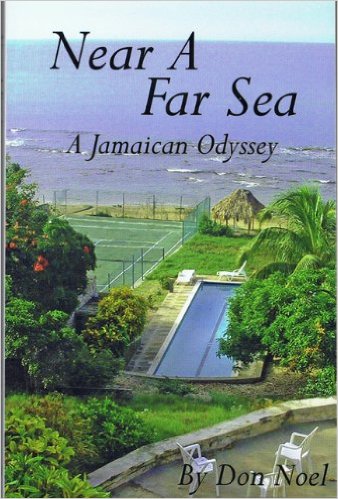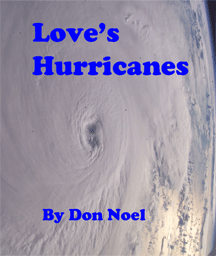I once worked cattle in arid eastern California with a Paiute whose wife helped send their sons to  college by making custom deerskin gloves for a Texas couturier – having cured the leather, Eddie Shaw insisted, with squaw piss. She made riding gloves for him, skin-tight to manipulate the rawhide riata she’d braided – which he threw it with rifle accuracy, half again the distance most cowboys managed with hemp lariats.
college by making custom deerskin gloves for a Texas couturier – having cured the leather, Eddie Shaw insisted, with squaw piss. She made riding gloves for him, skin-tight to manipulate the rawhide riata she’d braided – which he threw it with rifle accuracy, half again the distance most cowboys managed with hemp lariats.
We spent an early September week together finding stray cattle. The herd spent the summer grazing on thin vegetation among barren talus slopes on the Inyo-White range, nearly as tall as the snow-capped High Sierra across the Owens Valley. A few, mostly Brahman bulls, had browsed far afield enough to be missed when the herd was gathered and driven down to the valley floor for the winter.
Eddie didn’t cowboy full-time. He had a tungsten claim up here, and an Army surplus truck to haul the ore out; he was a one-man mining machine. Tungsten, in demand for the war then raging in Korea, brought prices that fattened the college fund better than working cattle. But when the ranch needed someone who could discern a hoofprint on stony ground – and would pay for that skill – Eddie made himself available.
His jet-black hair, knotted into a ponytail, framed a craggy face darker than suntan, with piercing black eyes. Hard-muscle big, he wore a deerskin shirt – also his wife’s handiwork, with leather fringes at the yokes – and sat Ginger, his tall mare, as though he’d grown there. He regularly took home prize money for calf-roping and bronc-riding at the Bishop rodeo.
“My name,” he told me one day, “is Numaga Half Moon.”
“Numaga?”
“Aya. A hero of my people a century ago. Resisted the white invasion.”
I hadn’t thought of settling the West as an invasion. “Sounds like a proud name,” I managed. “You don’t use it?”
“Kid, it isn’t smart to remind the white man that the land wasn’t always his.”
Our aim was to get the last cattle off the mountain before deer season, lest frustrated hunters take some meat home the easy way. When a six-point buck wandered into our cabin clearing the morning before opening day, I’d shot it before Eddie could stop me. He worried: Wardens were already stationed on the mountain, likely within earshot. “Kid,” he said, “they’ll call that my deer, not yours. Grab a shovel!” Fifteen minutes later the deer, antlers and all, was buried, all signs of excavation obliterated by sagebrush dragged from horseback across its grave.
Mountain lions were a constant menace; the cattlemen’s association give a $100 bounty for each ear of one. The year before I rode with Eddie, he spotted one dozing, lassoed it, and cinched the riata to the saddle-horn; Ginger needed no spur to gallop like hell until the cougar was pummeled to death against the granite scenery.
“Horse was more scared than I was,” he told me.
Of course. Little but wardens scared Numaga.
-End-
Published by MacQueen’s Quinterly in August 2023





